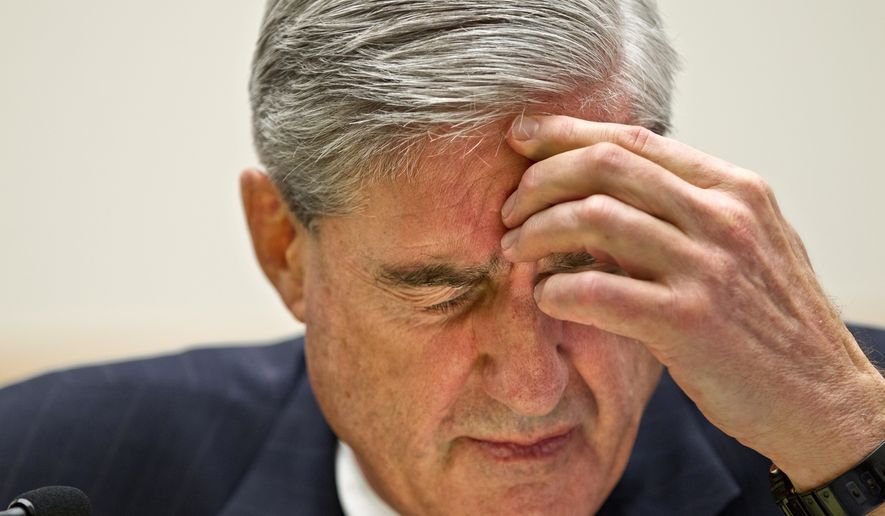OPINION:
Wednesday’s report from Trump attorney Rudy Giulianni that Robert Mueller’s special counsel office has acknowledged that his office can’t indict a sitting president raises an important constitutional question. What is Mr. Mueller doing with a grand jury?
Attorney Victoria Toensing wrote about this issue several days ago at Fox News.com.
If Mueller cannot indict President Trump, what possible use can he make of any presidential testimony? The only option is that he will provide it to Congress for consideration of articles of impeachment.
But referring President Trump’s testimony to Congress would abuse the grand jury process, which is only to be used for a criminal proceeding. According to the U.S. Attorneys’ Manual, which Special Counsel Mueller is obligated to follow: “A grand jury has but two functions – to indict or, in the alternative, to return a no bill.”
Providing the legislature with testimony obtained from an executive branch grand jury subpoena also violates the Constitution’s separation of powers.
In short: A grand jury serves only one legal purpose: To indict. And if the president can’t be indicted (which is a fact that most legal experts have acknowledged for over four decades) then the only other reason Mueller would want to interview Trump in front of a grand jury is to provide information to congress for impeachment hearings.
Here’s Ms. Toensing expanding on this idea on my radio program in Washington DC on WMAL:
Which would be a fundamental misuse of the grand jury system.
Mr. Mueller reports to Deputy Attorney General Rod Rosenstein who is under congressional oversight and revue. If Mr. Rosenstein doesn’t step in and bring the Mueller investigation to a close, congress should do their duty and protect the separation of powers and the constitution.




Please read our comment policy before commenting.